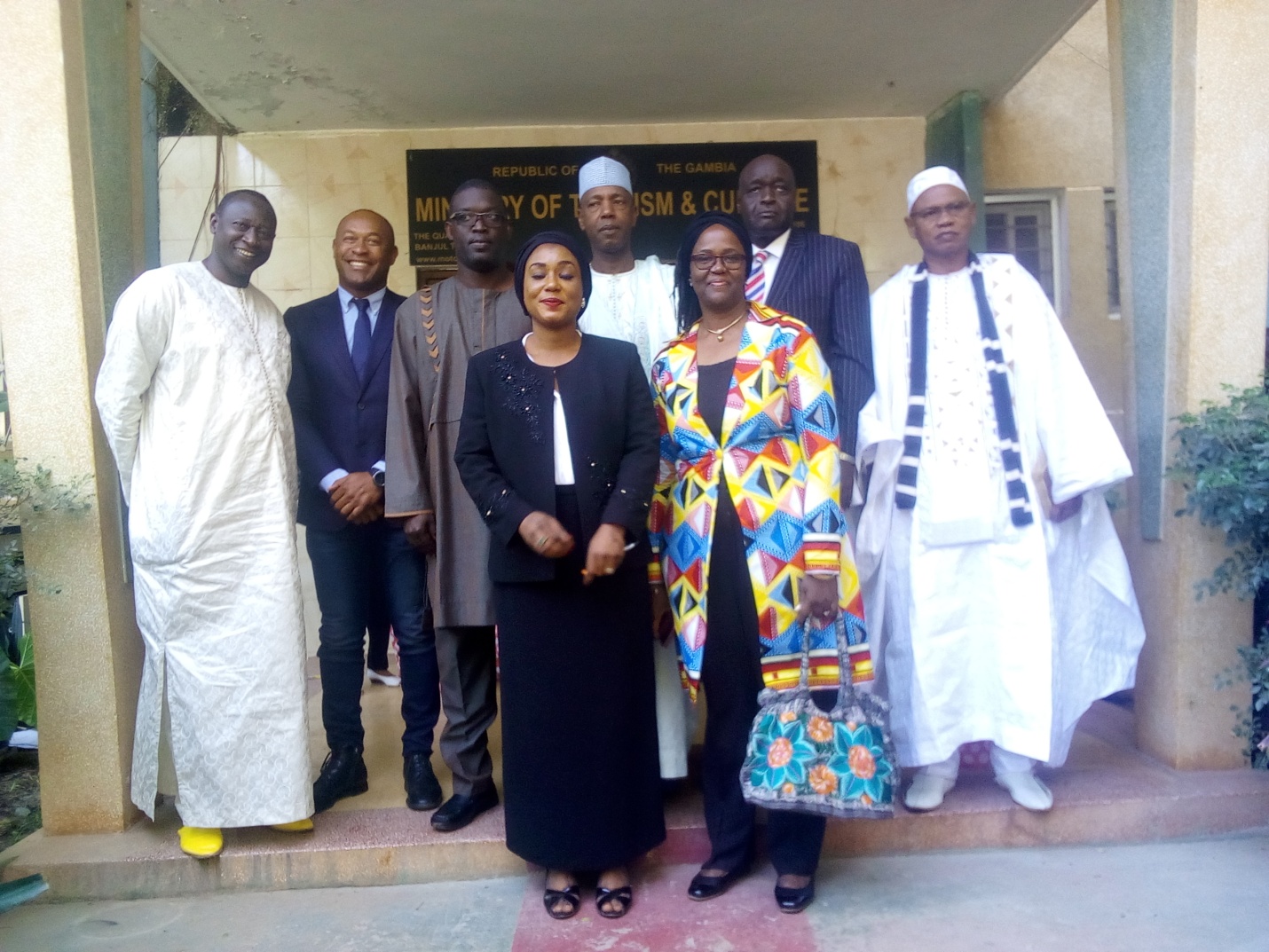By Binta Jaiteh
Modou Secka the Permanent Secretary at the Ministry of Finance and Economic Affairs revealed that the 2023 draft budget was prepared in a very difficult stage of economic crisis due to the challenges in revenue collection.
Appearing before the National Assembly Select Committee on Finance and Public Account Committee (FPAC) Permanent Secretary Secka said it is part of the government responsibility to subsidise some of the price of commodities which includes petroleum products.
He posited that if the government is to pass the full price of fuel that would have been another difficult moment for the general public as the price per litre will be at D90 as the country’s GDP is very low compared to other countries, while calling for concerted effort for the mobilisation of resources.
‘We are trying to leverage on the efficiencies of tax collection to make sure we get more in that area by digitalising our revenue collection so that we can remove that human interface which is a major concern, and is one of the objectives we are working on. On the expenditure side we have been seen pressure on construction particularly on different infrastructure being health, road or communication to some extent some of these things are financed through the local funds, and that has also left us with pressure and arrears that we will be grabbling with end of this year as well as next year,’ Permanent Secretary Secka told the committee.
Ps Secka further revealed that the government is also looking for some form of rationalisation in foreign missions which is also another constraint, noting that the Foreign Ministry should also come up with some foreign service policy that will serve as a guideline for foreign missions.
He continued: ‘We have realized that another pressure point is the independent institutions which are growing over 100% on an annual basis, and that is not sustainable especially in this difficult moment. We should also be ready to sacrifice for each other otherwise when certain institutions are increasing, their budgets substantially force the government to borrow and accommodate that. If there are no checks and balances to make sure the budget submitted are reasonable it will be repetitive on a yearly basis and that will warrant domestic borrowing.





